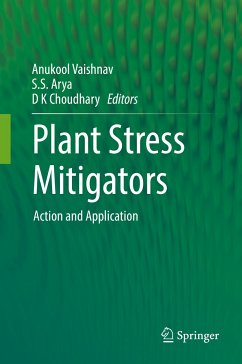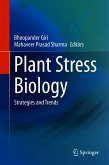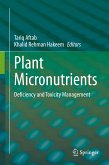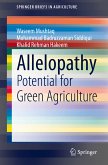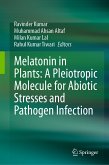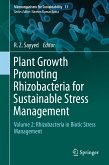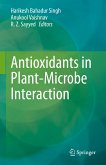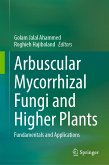These mitigators have gained attention of both farmers and industry for their application in organic farming. Plant stress mitigators have a huge global market. They follow different action mechanism for enhancing plant growth and stress tolerance capacity including nutrient solubilizing and mobilizing, bicontrol activity against plant pathogens, phytohormone production, soil conditioning and many more unrevealed mechanisms.
This book elaborates stress alleviation action of different plant stress mitigators on crops grown under optimal and sub-optimal growing conditions. It addresses mainly three subthemes -- (1) Climate change impacts on plant and soil health (2) Microbe mediated plant stress mitigation and (3) Advances in plant stress mitigation. The book is a relevant reading for Post graduate students, researchers in the field of plant stress physiology, Plant-microbe interaction, biochemistry and plant molecular biology and industries related to seed production, biofertilizer and biopesticides.
Dieser Download kann aus rechtlichen Gründen nur mit Rechnungsadresse in A, B, BG, CY, CZ, D, DK, EW, E, FIN, F, GR, HR, H, IRL, I, LT, L, LR, M, NL, PL, P, R, S, SLO, SK ausgeliefert werden.

